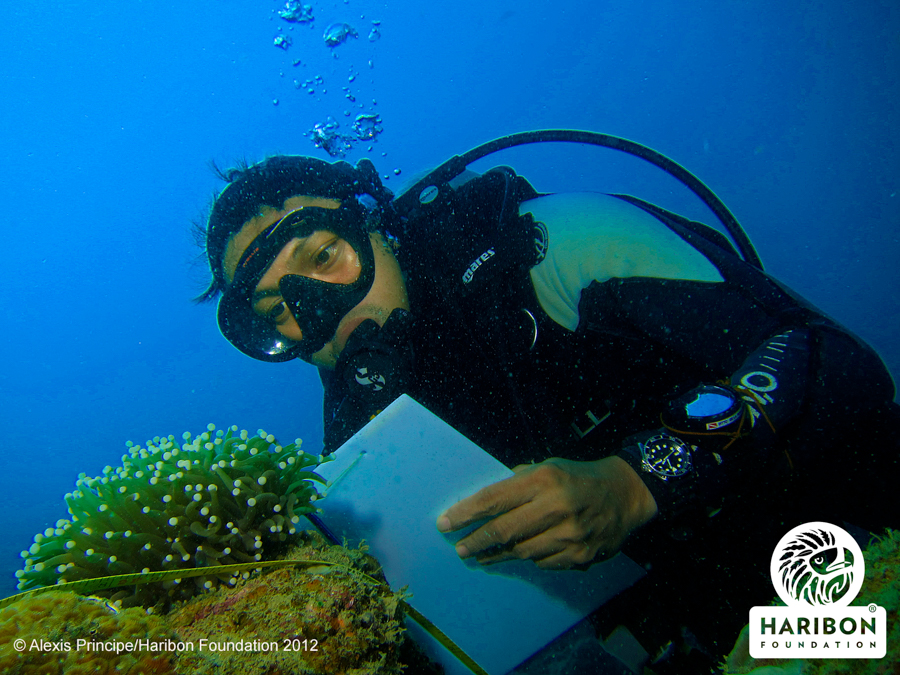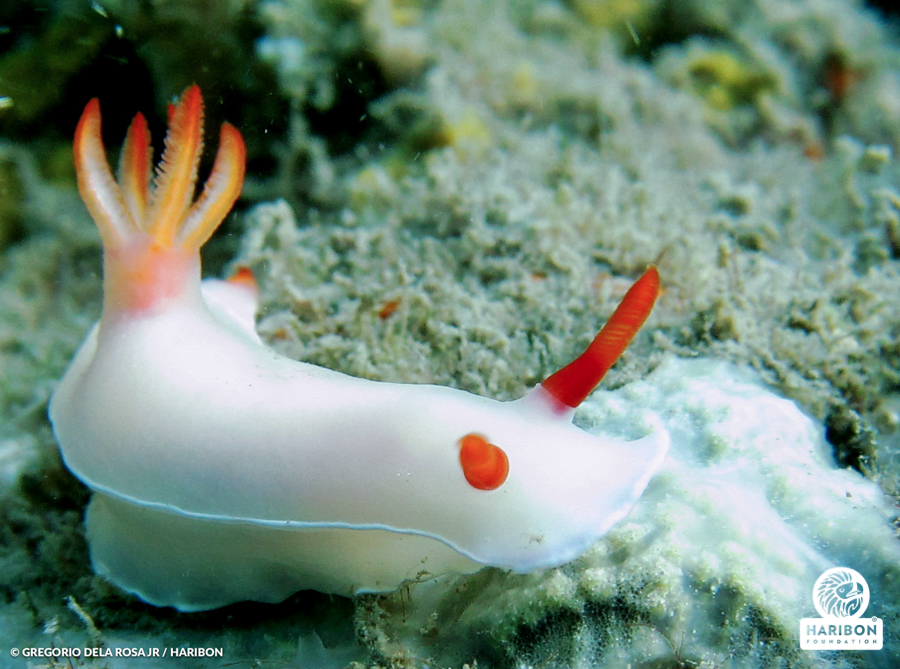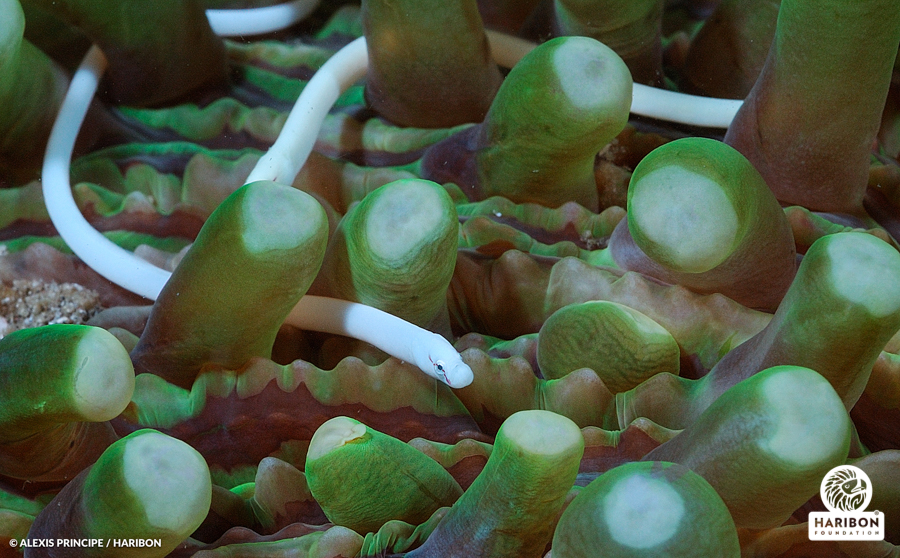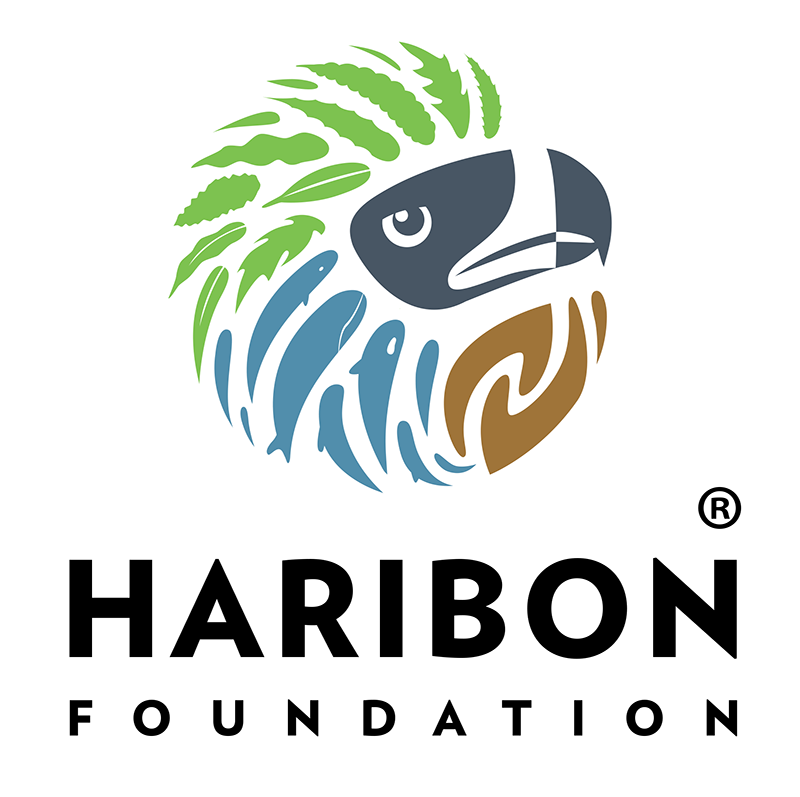
A personal narrative by Gregorio Escober dela Rosa, Jr.
No, this is not a love song.
This is an elegy, a limerick to the pale blue dot that we call home. The Earth is 75% water and 96% of it is saline. Interestingly, our bodies are mostly made up of water, 78% as a baby and 60% as an adult. Our ancestors came from the sea, no less.
There’s no denying our relationship with the ocean. Mariners of the 18th century used to say that the siren’s call draws us time and again to the sea. The people and our environment around us also plays a part. I grew up within a kilometer of the sea, as well as my parents, and their parents too.
“My visits to the ocean became less frequent as I got older but no less meaningful. I became aware of mangroves and colorful animals hidden within the nooks and crannies of the reef during low tide.”
Gregorio “Ditto” dela Rosa, Jr.
Every weekend I went with my schoolmates, friends, and neighbors to enjoy the company of the ocean. I learned to swim in the Pacific Coast, as my father and his friends watched over me.
My visits to the ocean became less frequent as I got older but no less meaningful. I became aware of mangroves and colorful animals hidden within the nooks and crannies of the reef during low tide. My uncle let me borrow my cousin’s old-school blue mask and snorkel.
While I was looking for a major at the university, it would be my blockmate who would start me on this road. He revealed to me a variety of options unknown to me, all provided by a school life spent studying the sea.
He told me that if you choose this so-and-so course it will take you to Bais City in Negros where you will see whales and dolphins. If you take this course, it will take you to Puerto Galera to study clonal organisms: the corals.
And this one sold me entirely. If you take this course, you will go to a remote island in Palawan to study marine ecology.
Up to now, we still see each other twice, thrice a year and reminisce. That’s what the ocean does to you, and that’s what brought me here.
Now I work with the Haribon Foundation, mostly on coastal and marine conservation projects. I get pulled in from time to time to do terrestrial work, but you I ignore the ocean.
I found a tiny nudibranch on the underside of an elephant ear sponge during a research expedition that still has no name. I found a sea urchin that had very soft and flexible spines that was a new record for the Philippines.
Then I joined the Zoological Society of London’s Evolutionarily Distinct and Globally Endangered (EDGE) fellows and implemented the first EDGE Coral Reef conservation initiative in the Coral Triangle region in 2011. I studied three coral species, the mushroom coral (Heliofungia actiniformis), pearl bubble coral (Physogyra lichtensteini) and the elegance coral (Catalaphyllia jardinei) in Burdeos in the Polillo Islands.
In 2012, Haribon implemented the Darwin Initiative Project Responding to Fish Extirpations in the Global Marine Biodiversity Epicenter and funded by the Department of Environment, Food and Rural Affairs (DEFRA) of the UK government. We partnered with Newcastle University in the UK, and I was lucky to be part of that team. We pioneered robust statistical modeling techniques as applied to local fish extinctions in the Philippines. We identified at least 15 reef-associated fishes that are severely depleted in five areas in the Philippines.
All this, because I love the ocean. To quote Jacques Costeau, people protect what they love. He has a point. You put your heart and mind in something because you believe in it; you are driven by passion. That best describes it for me.
We want the next generation to enjoy what we have. Late author David Foster Wallace once gave an anecdote, which I paraphrase here: “Two young fish are swimming. They meet an old fish which says to them, ‘Good day, how is the water?’ The two young fish swim along, and one of them faces the other and says, ‘What is water?’.”
Don’t be that fish.


